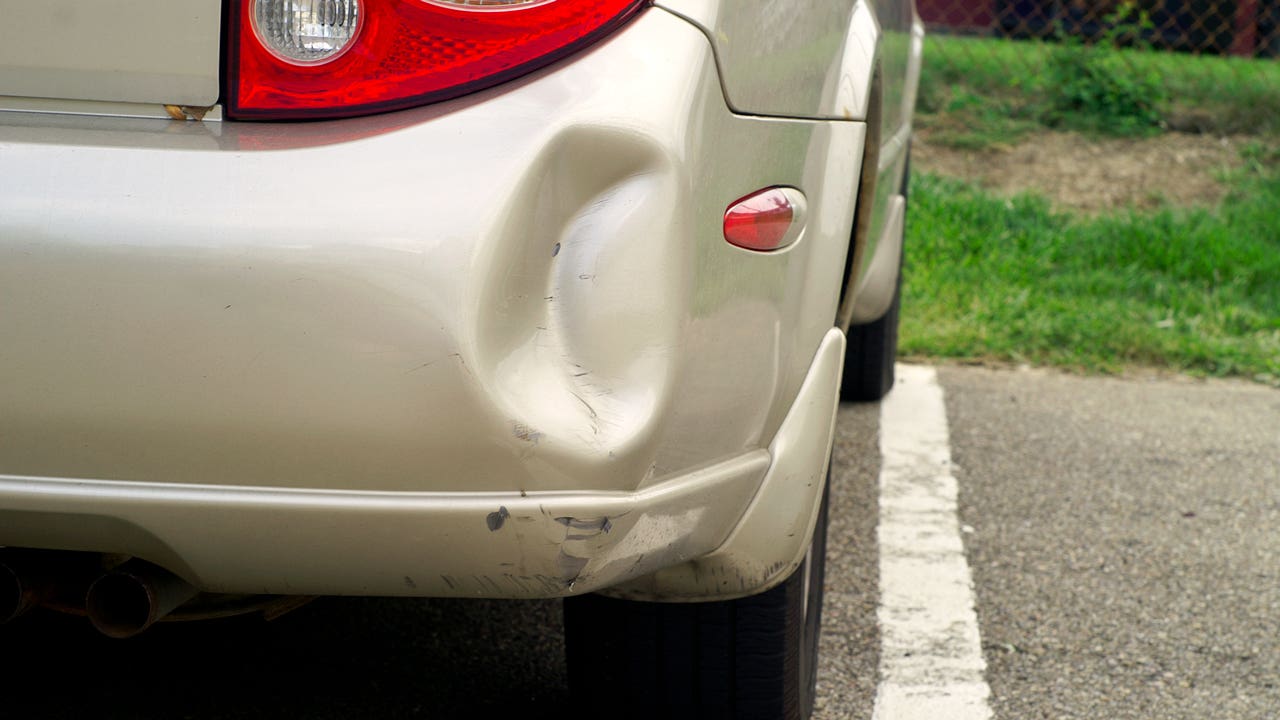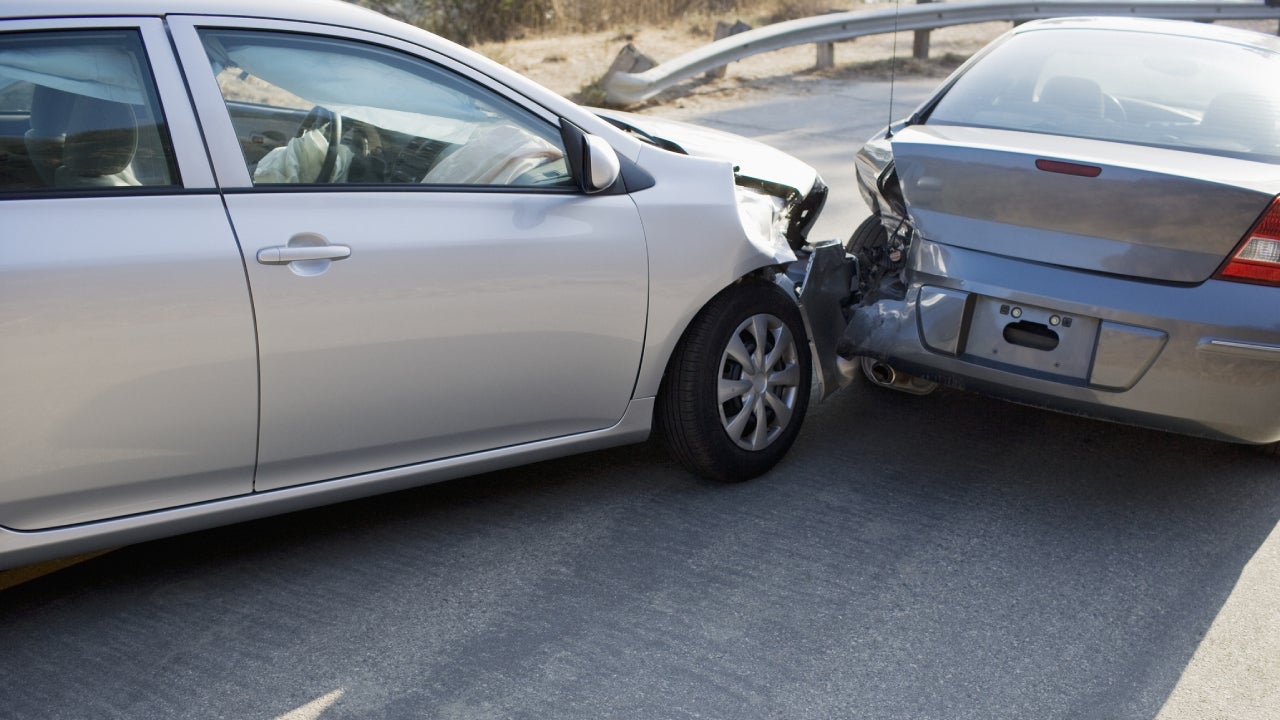How long do you have to report a car accident?




There’s a lot to think about in the aftermath of a car accident. You may need to take care of injuries, get your car towed and exchange information with another driver. Additionally, there are legal and regulatory matters to address. Understanding how long you have to report a car accident to your insurance is critical. If you file your claim later than your contract allows, it will likely be rejected. Keep in mind that most states also require the DMV and law enforcement to be made aware of your car accident if there are injuries or expensive damages. Finally, reporting your car accident to your car insurance company is different from filing an official claim. When in doubt, report car accidents to your insurance company as soon as possible.
How long do I have to report an accident to my insurance?
Insurance companies have varied timeline requirements for reporting an accident. Some companies may request to be notified within 24 hours, while other companies may give you a few days.
Your car insurance company may have its own protocols for claims filing, too. Check your policy for details. Being aware of the allotted time for claim filing could help you determine if you’ll be able to resolve the claim through insurance or need to pay out-of-pocket for repairs.
Requirements for reporting accidents to your state will depend on where you live. Every state has a different statute of limitations when it comes to how long you have to report a car accident. The standard across most states is within 10 days of the accident but some jurisdictions, such as New York, have a 24-hour reporting requirement. The time limit could also vary depending on the type of damage involved. For example, the statute of limitations for reporting accidents involving bodily injury may be shorter than it is for reporting accidents involving only property damage. In California, the standard is 10 days unless there is an injury or death, in which case law enforcement must be notified within 24 hours.
Learn more: 7 steps to take after an auto accident
Why would I wait to file a claim?
The appropriate timeline for when to report an accident to insurance and initiate your claim is typically within a few days. However, there may be some instances when you want to report the accident but wait to file the claim. After an accident, some damages or injuries may not become apparent until days or weeks later. If you think this may be the case for you, it could be a good idea to wait to file a claim. Most insurance professionals recommend consulting your insurance company on the appropriate timeline for your claim.
Regardless, it’s important to be aware of your state’s statute of limitations and file a claim within the timeframe set by your state’s insurance laws. Depending on the state you live in, you typically have three years or less after the accident date to file a claim. If you file later than is mandated, the insurer may have the right to reject your claim.
Learn more: Should I file an insurance claim for bumper damage?
Statute of limitations by state
Each state has its own statute of limitations for claim filing, which insurance companies have to abide by. The following are the limitations in each state:
Can my insurance company deny my claim?
The longer you wait to file a claim, the more difficult it may be to reach a resolution. And not filing an accident report within the state-established timeframe could lead to the denial of your claim at a later date. If too much time has gone by, it could be harder to establish evidence for your case. This is especially true for bodily injury damages, as there needs to be a clear connection that the accident caused the injuries. Other reasons your insurance company could deny your claim may include:
- A further investigation indicates that false claims were made about the accident.
- The damage in question is not covered by your insurance policy.
- The cost of collision or comprehensive damage to your vehicle is less than your policy’s deductible, making it a minor accident.
Your car insurance company may have a specific deadline for filing a claim that is different from the state’s statute of limitations. Make sure to read your policy documents for details.
How long do I have to report a car accident to the police?
Filing a car accident report with your police department should be done as soon as possible after an accident, especially if there are major damages and injuries. Similar to filing car insurance claims, time limits for filing police reports vary by state. For example, Tennessee requires that police reports be filed within 20 days of an accident, while Louisiana requires police reports to be filed immediately. Also, in Texas, if a law enforcement officer investigates a motor vehicle crash that results in injury, death or property damage of $1,000 or more, they are required to submit a crash report to the Texas Department of Transportation (TxDOT) within 10 days of the incident. Even if the at-fault driver has not been determined yet, it may be a good idea for all parties to file a police report.
When you file an insurance claim, your insurer will likely ask for a copy of the police report. Therefore, getting it done sooner may make the claims process easier for you.
Frequently asked questions
Why we ask for feedback Your feedback helps us improve our content and services. It takes less than a minute to complete.
Your responses are anonymous and will only be used for improving our website.
You may also like

What does no-fault state mean?

Understanding your insurance offer after an accident


